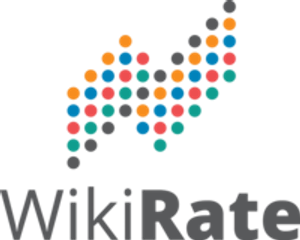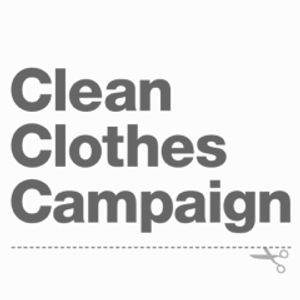Worker Rights Consortium is an independent monitoring organization that investigates cases of labor abuses in garment factories. By searching the facilities involved in these cases through Open Supply Hub, they are able to quickly see which brands are sourcing from which factories.
Identifying critical connections between brands and factories
Worker Rights Consortium is an independent monitoring organization that investigates cases of labor abuses in garment factories. By searching the facilities involved in these cases through Open Supply Hub, they are able to quickly see which brands are sourcing from which factories. This helps them to begin the process of engaging brands in finding a resolution for these cases.
Transparency is the first step towards accountability, and Open Supply Hub makes supply chain transparency accessible. Finding links between factories where labor violations are taking place and the brands sourcing from them is the cornerstone of our work. To do this easily, we need transparent supply chain data shared in a user-friendly database. Open Supply Hub provides this critical tool.
- Thulsi Narayanasamy, Director of International Advocacy
In the initial years of the COVID-19 pandemic, there was a spike in factory closures. This resulted in reports of workers losing jobs without legally mandated severance, which for many workers constituted their life savings. Brands sourcing from these closed factories had made commitments to adhere to local labor laws and codes of conduct, and could therefore be urged to comply with the commitments they’d made and ensure workers received what they were legally owed. Worker Rights Consortium was processing a long list of such cases and needed to be able to identify which of these brands were connected with which closed factories. They were able to search the closed factories and brand lists in Open Supply Hub to make those connections, as the first step towards remediation for workers.

The Worker Rights Consortium is an independent labor rights monitoring organization focused on protecting the rights of workers who sew apparel and make other products sold in the United States, particularly those bearing college or university logos.


